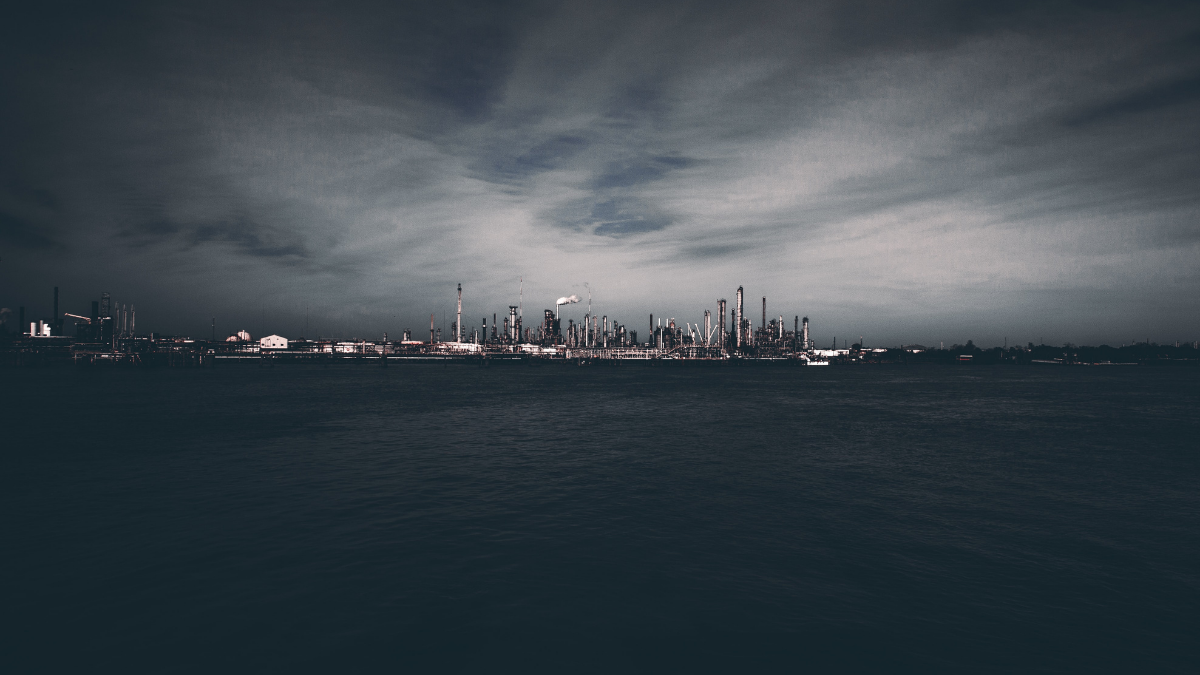The Kwinana Refinery in Western Australia will be permanently closed and converted to an import terminal, as dwindling demand puts pressure on the fuel industry’s margins.
“Regional oversupply and sustained low refining margins mean the Kwinana Refinery is no longer economically viable,” said bp Australia in a media statement on Friday.
This closure follows the Federal Government’s attempts to rescue Australia’s oil refiners, where refiners would receive 1.15c per litre for locally made fuel.
There are currently three remaining oil refineries in Australia.
Australia’s oil refining capabilities have faltered against mega-plants in India and China. Moreover the declining demand for fuel caused by the weakened aviation industry and more people working from home has put immense pressure on margins.
“Investment budgets are strained, prices are lower, and investors are looking at the fossil fuel sector with increased scepticism, driven by concerns about financial returns and uncertainty around demand, and also by doubts about business models against a backdrop of growing social and environmental pressures in many countries,” wrote the International Energy Agency in its October World Energy Outlook 2020.
“Refinery throughput grows at only half the pace seen in the last decade, and refineries are further challenged by a structural shift in oil use away from transport fuels and towards petrochemical feedstock. The widening gap between capacity and demand for refined products puts huge pressure on older and less competitive refineries.”
Kwinana Refinery’s closure also means that up to 650 people – 400 permanent staff and 250 contractors – will lose their jobs. Once the import terminal is complete, bp Australia is expected to support around 60 jobs.
“Today’s decision to cease refining is a difficult one and not in any way a result of local policy settings. It comes in response to the long-term structural changes to the regional fuels market,” said bp Australia Head of Country Frédéric Baudry.
“Converting to an import terminal will not impact the safe and reliable supply of quality fuel products to Western Australia; however, it will require fewer people to run. We deeply regret the job losses that will result and will do everything we can to support our people through the transition.”
bp Australia is also exploring other options for this site, for instance a potential clean energy hub to produce and store lower carbon fuels. This may include sustainable aviation and marine fuels and waste-to-energy solutions such as renewable diesel.
Keep up to date with our stories on LinkedIn, Twitter, Facebook and Instagram.

